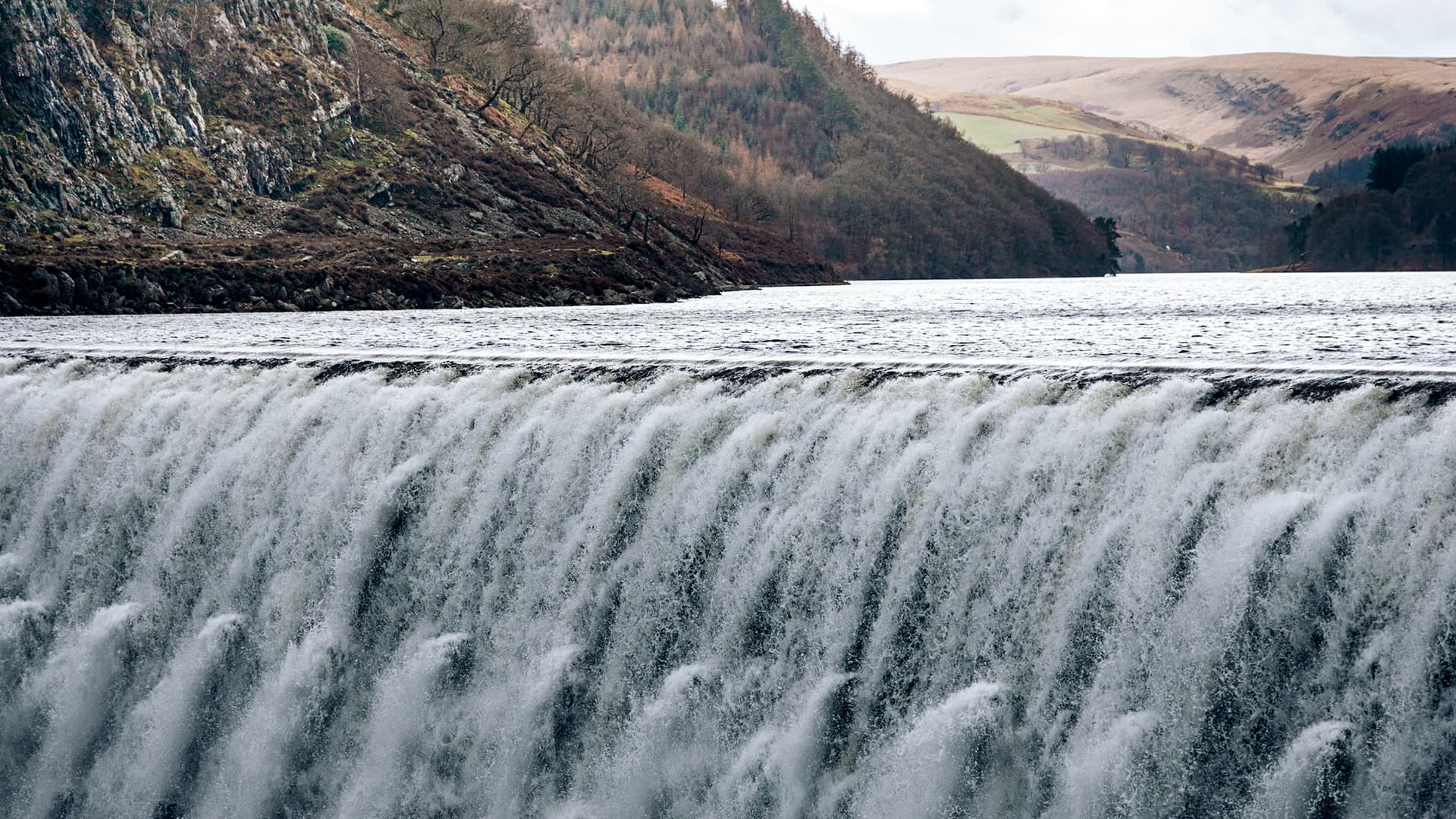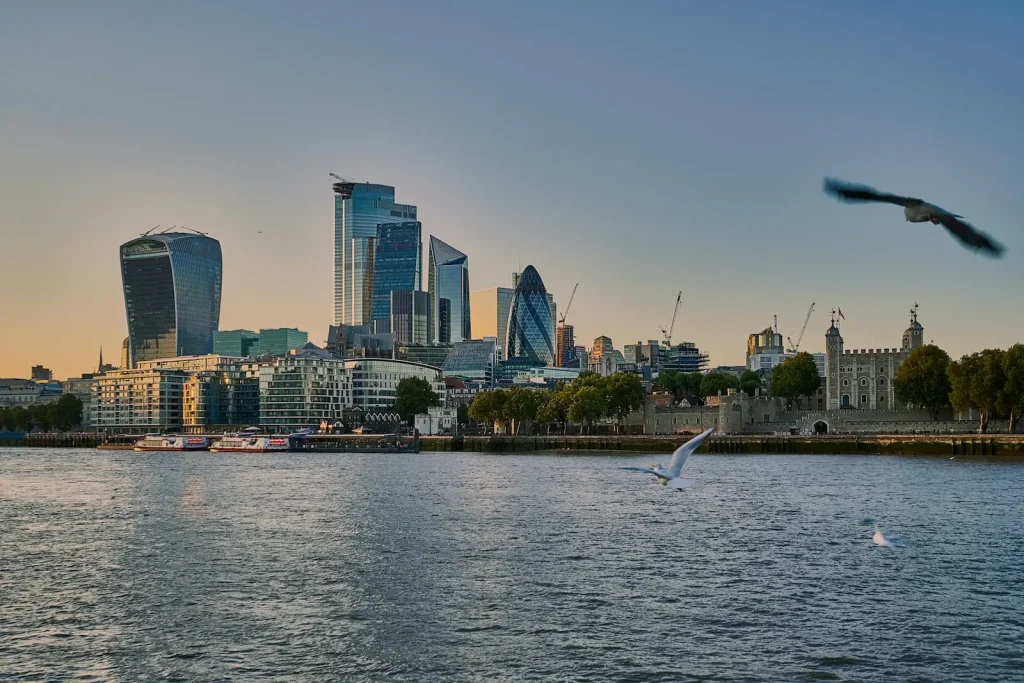The water industry has been in a state of what can charitably be described as abject chaos over the past few years, something that has only intensified throughout 2024.
Following the results of the General Election on 4th July 2024, a lot has happened already when it comes to the water, and whilst the announcement of an increase in rates of business water has not exactly pleased anyone, the group angriest at the announcement was the water industry themselves.
Whilst a lot of businesses and residents are frustrated at higher bills for obvious reasons, the water industry, speaking through their trade association Water UK has decried the rate increases as well, arguing that they are not enough and could potentially prevent water infrastructure from getting necessary overhauls.
This highlights a potential conflict between the water companies and Ofwat, the regulatory authority for the water industry, regarding the way forward for water companies following a rather unfortunate and disappointing period for the sector.
Annus Horribilis
Water UK’s argument for higher bill increases made on 28th August 2024, the last day of a consultation period for companies and stakeholders to debate Ofwat’s plans, is that it creates a “material risk” that companies will not be able to raise the significant sums needed to invest in British waterways.
Part of the reason for this is that the cap in rates alongside the rather substantial fines the regulator has started to dispense will dissuade outside equity investment, which would stop the companies from delivering the improvements that are evidently needed.
Therefore, they claim it would not be in the public interest to cap the bill increases to an average of £94 over the next five years rather than allowing bills to be raised by £144.
These arguments are not necessarily new, but Water UK has submitted research by consultancy firm Oxera to help their case.
Their argument needs quite a lot of help, given that the water industry is not exactly arguing from a place of strength.
Three water companies have received a combined fine of £168m following an investigation into their dumping of raw sewage into rivers, seas and lakes, including Lake Windermere, in what has been described as a “catalogue of failure”.
Added to this, Thames Water, which received the largest fine in the history of the UK water industry since privatisation began, has been placed in a “turnaround oversight regime” based on fears for its financial future and constant issues with service levels and level of investment.
Beyond the risk that Thames Water could be nationalised under a Special Administration Regime, the largest and most troubled water company in the UK has also not helped the case that increased bills will lead to increased spending on infrastructure.
A mysterious dividend payout of £150m for a company that is over £15bn in debt has led to an investigation, and it has sparked understandable concerns that any money pumped into the industry by consumers will not go towards making the service better but to enrich stakeholders.
Given that the lower bill increase was already seen as showing contempt for water users of all kinds, including businesses severely disrupted by leaky pipes, poor service in fixing issues, sewage dumping and several water-borne infestations such as Cryptosporidium caused by untreated and contaminated water.
It has also led to a spike in bottled water sales in a country that has typically preferred drinking from the tap to the point that the worldwide brand Dasani famously and dramatically failed, being compared to Peckham Spring water from a Christmas episode of Only Fools and Horses.
The final decision by Ofwat when it comes to water rate increases over the next five years is expected on 19th December, but is it likely that the rates will increase given the research and the case by Water UK?
Whilst nothing can ever be ruled out, it seems exceptionally unlikely given the very poor track record of the industry not only in terms of customer service, failure to fix faults in a timely manner and dumping sewage in areas of outstanding natural beauty, but also in how it spends money.
Whilst Thames Water is an admittedly extreme example of a private water company that has been effectively asset-stripped and laden with debt, the previous 35 years of privatised water have not delivered the level of infrastructure improvement that was advertised to the general public.
The public is paying more for a demonstrably worse service, which suggests that a more radical approach may be required, particularly if Thames Water’s fate is sealed over the next year.



